
I was still learning about the birds and the bees when the AIDS epidemic began.
Like most Gen-Xers, I grew up in the shadow of the plague. So, forgive me if I sometimes struggle to fully grasp the “before times” and the “after times.”
To help make sense of it all, I often turn to the wisdom of Leo Herrera.
Last year, he posted these words and this image on the platform formerly known as Twitter. It helped bring World AIDS Day into sharper focus for me.
Thank you, Mr. Herrera, for sharing your insight and talent.
Today, I plan to light a candle and shed some tears for my nears, dears, and queers who didn’t survive the plague. I also plan to finish making a tribute video, honoring some of the countless lives cut short.
Their legacies and memories live on in all of us—the survivors.
Thanks for reading and subscribing…
Clint
ON THIS DAY = DECEMBER 1
BIRTHDAYS
1913 = Mary Martin = American actor and singer
1931 = Jim Nesbitt = American singer-songwriter
1933 = Lou Rawls = American singer-songwriter and actor
1940 = Jerry Lawson = American electronic engineer and inventor
1940 = Richard Pryor = American comedian and actor 🌈
1944 = Eric Bloom = American singer-songwriter
1945 = Bette Midler = American singer-songwriter and actor
1946 = Jonathan Katz = American comedian and actor
1946 = Gilbert O'Sullivan = Irish singer-songwriter
1950 = Richard Keith = American actor and drummer
1951 = Treat Williams = American actor
1956 = Julee Cruise = American singer-songwriter and actor
1958 = Candace Bushnell = American journalist and author
1958 = Charlene Tilton = American actor and singer
1959 = Billy Childish = English singer-songwriter and painter
1960 = Carol Alt = American model and actor
1961 = Jeremy Northam = English actor
1966 = Andrew Adamson = New Zealand filmmaker
1967 = Nestor Carbonell = American actor
1968 = Justin Chadwick = English actor and director
1970 = Sarah Silverman = American comedian and actor
1975 = Isaiah "Ikey" Owens = American keyboard player and producer
1976 = Matthew Shepard = American student and hate crime victim 🌈
1985 = Janelle Monáe = American singer-songwriter and actor 🌈
1987 = Vance Joy = Australian singer-songwriter
1988 = Zoë Kravitz = American actor and model
REMEMBRANCES
EVENTS
1878 = POTUS Rutherford B. Hayes gets the first telephone in the White House.
1952 = The New York Daily News reports the news of Christine Jorgensen, the first notable case of sex reassignment surgery.
1953 = Hugh Hefner publishes the first issue of Playboy magazine, featuring Marilyn Monroe as the magazine's first centerfold. The cover price is 50¢.
1955 = In Montgomery, Alabama, Rosa Parks is arrested for refusing to move to the back of a bus and give her seat to a white passenger.
1988 = World AIDS Day is proclaimed worldwide by the UN member states.
1990 = Channel Tunnel sections started from the United Kingdom and France meet beneath the seabed.
2006 = The law on same-sex marriage comes into force in South Africa, legalizing same-sex marriage for the first time on the African continent.
PHOTO + QUOTE OF THE DAY
“If I thought about it, I could be bitter, but I don't feel like being bitter. Being bitter makes you immobile, and there's too much that I still want to do.”
Richard Pryor
NEW + FEATURED
MORE FROM COLLIDE PRESS
Ko-Fi + Linktree + Shop + Storefront + YouTube






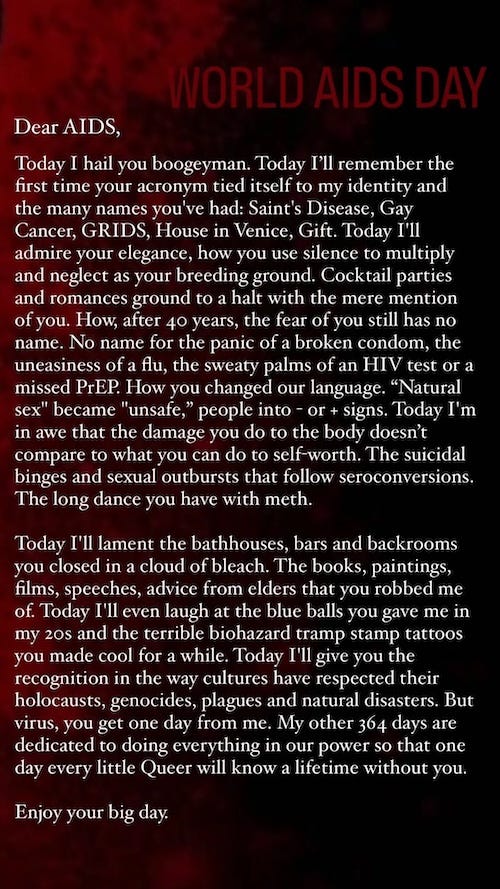
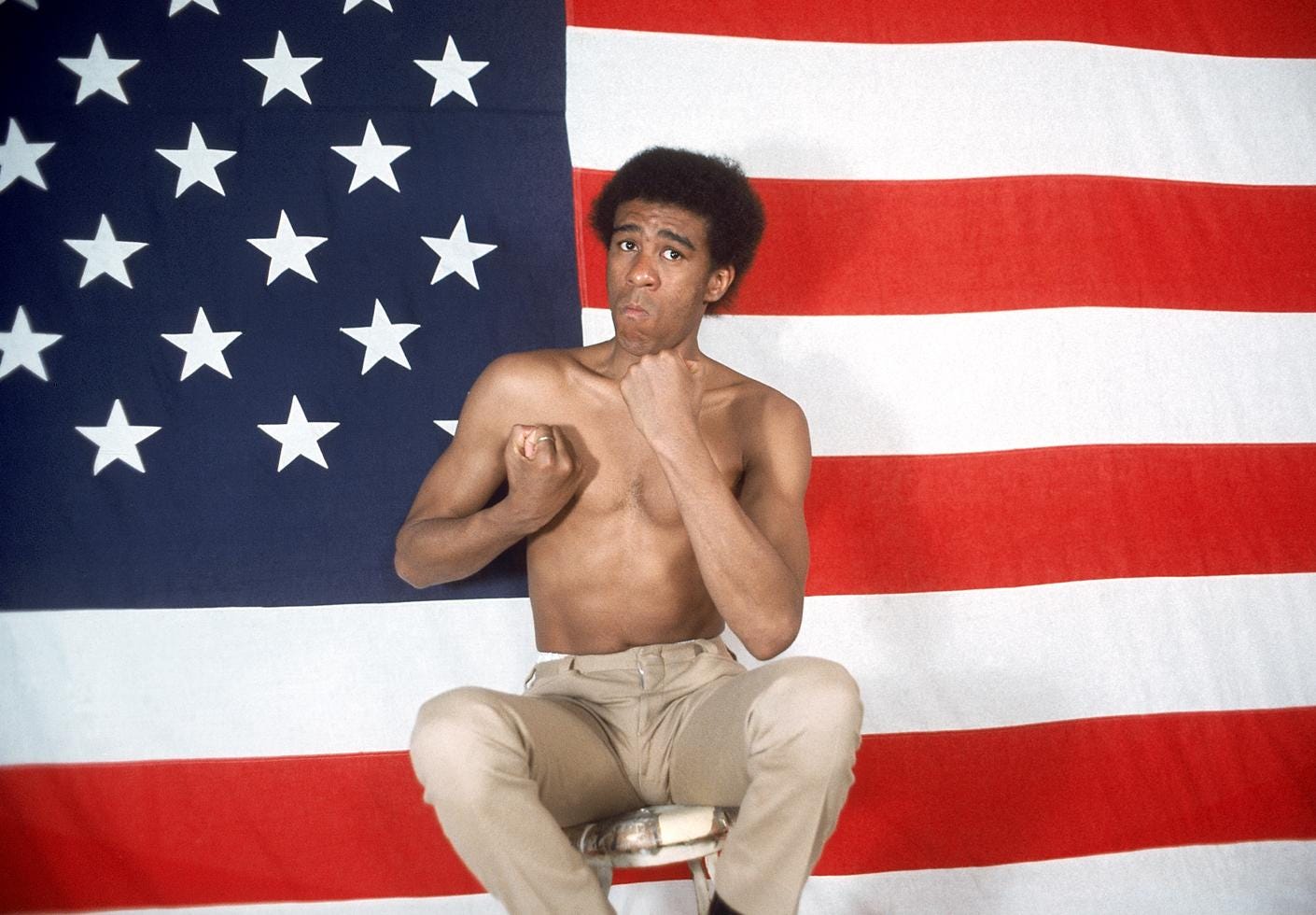
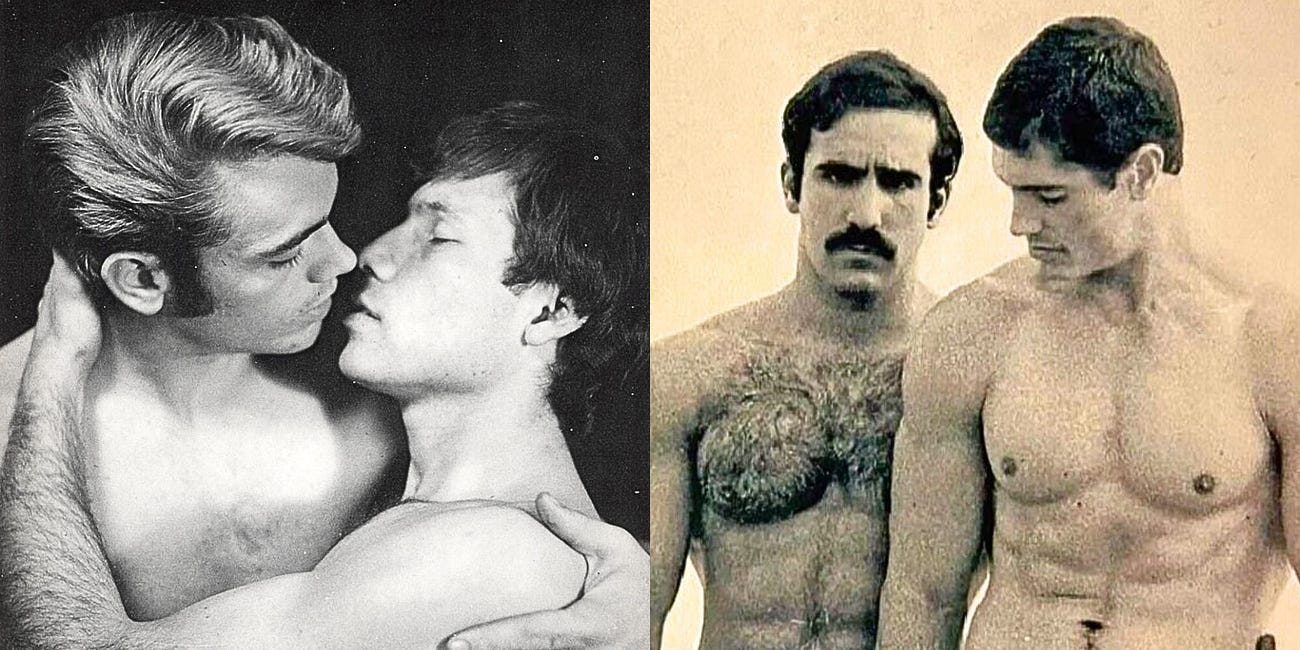





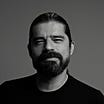



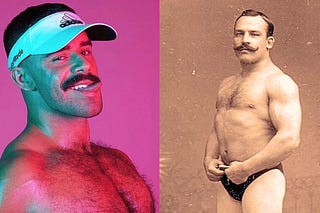



I wrote a lengthy reply to you but I couldn't send it for some reason. I can't remember what I said.
It was something like that: after forty years or thereabouts my grief is brief. I have recycled it each year. It is diminished each year.
I have also formed opinions about life and death:
1. Death of the body is not death of the person
2. We live on in those that remember us with love.
3. Unless we are famous for some reason, no one will remember us at all in 200 years from now.
4. The soul, or what you think it is, has existed since the beginning of time. It is eternal and will exist for another eternity. It is indestructible.
5. We are all (I mean everything) part of a unified soul.
Read my longer stories to know more about my mystical beliefs.
I love everybody, whether I know them or not, though I do not always like what they say, do or believe
I love you Clint because i see the brightness in your soul, undimmed by your fears and insecurities.
I knew about GRID (gay related immunity disorder) in the mid70s. I was writing with my penfriend and academic mentor, Mark Freedman, at Berkeley. He thought it might be recreational drug use impairing the immune system. I met him late in 1976 when he came to London and Europe for coordination meetings about a cross-cultural piece queer research. He was severely breathless. "You have GRID" "I haven't used a fraction of poppers and other drugs as most bathhouse users in SF. It must be a viral chest infection" "Then, in that case, it must be a viral infection that is causing GRID." He died in early 1977.
I went to California in 1981 to finish and present my doctoral research on (roughly - how men decide that they are gay, straight, bi or whatever). I was in SF when GRID had previously been translated into AIDS and they had found in SFGeneral Hospital a virus they named HTLV3. (Human T lymphotropic virus type 3). Very soon after they named it HIV. Being right in my belief that AIDS was due to a viral infection gave me no satisdaction because of the problem of AIDS in SF at that early date.
I came home to the UK and tried to mobilise an educational program to inform queer people in the UK to prevent AIDS in the UK. It wasn't well received. I wqas attacked for suggesting that gaysex was the cause of people dying. I tried countering this with the fact that sex is good but that viral infection could be passed unless people used a barrier. No one wanted use condoms, gatsex didn't lead to pregnancy and who wants to wear a condom anyway.
Cases were appearing in the UK and some people were feeling personal concern and my core group increased. We formed a telephone support team to answer people's concerns confidentially on the phone.
By 1987 the UK government was taking AIDS as serious risk and played the tombstones and funerals approach to make people fearful. By this time, some of our volunteers had become ill and died of AIDS. The Civil Service of the British Government contacted me and said that they were "aware of my interest in this health problem".. They wondered if I would advise tham about creating National AIDS Counselling Training Units to train doctors, nurses, social workers, proson officers, outeach workers to drug users and sex workers. I wrote a job description and the necessary wxperience and qualities to appoint people as Clinical Directors or Consultant Directors of such national training units. They set up three such units and asked me to apply for the directorship of one of them. This is what I did. I chose to focus on attitudes and feelings much more than clinical facts. Thus it followed a personal transfomational model of education. They were given the factual information but I constructed my courses to dissolve homophobia, to sissolve negative attitudes about drug use and sex workers. Doctors and other healthworkers see death as their failure so I wanted them to see death as part of life, a release from suffering, and to see the role of healthworkers to make the dying process as comfortable as possible. Of course, my team and I dealt with testing and feeding back on test results but I also set up courses to train people in counselling skills do that they could help partners and AIDS patients deal with homophobic parents, damily members etc.
I had clinical time built into this to do supportive work with those affected (not only those infected) by HIV. I heard about the deaths of some of my ex-sex partners, amy of whom I still oved. I have colleagues in the HIV workers world who 'came out" as HIV+ and then died. The average time between being diagnosed and dying was as short as 3 or 4 months. I had 3 deaths per week on average to deal with at work, sometimes with me holding a person's hand as they took their final breath and no one else od significance to be with them. I went to SF again and met HIV workers who were facing the deaths of 30 or more people each week of people that they knew in one capacity or another.
I had previously "adopted" a young teenager of 14 years of age as my gay baby brother. I told him how to protect hijmself and others from HIV. He went to London when he was 20 years old to join the showbiz crowd. He was a minor actor, an accomphlished musician in several instruments and a perfect pitched baritone. He had jobs in musical theatre and also became an assistant theatre manager in the West End. We remained in touch and his biolofical older brother had become a theatre lighting technician. I had little or no contact with his brother until he contacted me by phone to say that his brother was in hospital with an opportunistic infection. I went ot London see my gay baby brother when he came out of hospital. He was feeling that he had let me down. He had drunk a lot of alcohol, used a number of recreational and sexual enhancing drugs. It was part and parcel of the theatre culture. These actions had clouded his judgement and he had unprotected sex on many occasions. It wasn't necessary for me but he needed me to forgive him. His death came when he was 27 yers old and I was 46 and six years into my role as Consultant Director of a antional AIDS training unit. His death hit me hard, harder than the death of my mother three years earlier. It was like me, as a parent, losing one of my sons to HIV. I honour all of my triumphs and losses each World AIDS Day. I end this account of part of my personal journey in a flood of tears and heartache. Thank you for reading this. Much love and much hope.